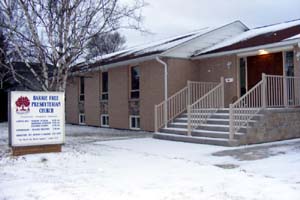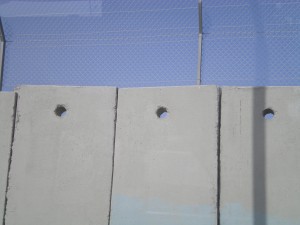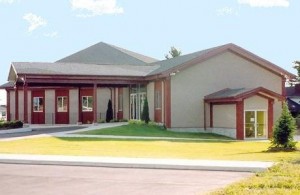 This morning I attended the largest service so far; more than 80 people attended Holy Spirit parish for their 8:30 mass. I expect even more attend at 10:30.
This morning I attended the largest service so far; more than 80 people attended Holy Spirit parish for their 8:30 mass. I expect even more attend at 10:30.
I have to admit to having left mass with a feeling of ambiguity. There were several things I appreciated about the service, and one that leaves me with a deep sadness.
First, the good things. As I said, there was a healthy attendance first thing in the morning, with both an ethnic and generational mix of people. This is also a congregation that understands that liturgy is something we do together, rather than observe. Led by a competent but unobtrusive music team, the whole church participated verbally, musically and physically.
As an outsider, this can feel a little overwhelming, as I was given few cues as to what was expected. It wasn’t always clear what books I was supposed to have, when I was supposed to stand or what I was supposed to say.
But on the other hand, I think I was witnessing a congregation that assumes that when it turns up on a sunday morning, it’s going to do worship, rather than just observe it. And so everyone from children to grandparents make sure that they know the creed, they know the Kyrie Eleison, they know the structure and the meaning of the liturgy.
On a side note, one benefit of using a hymnal as opposed to a projector for congregational singing is that it means that even if a song is unfamiliar, you are provided with the music as well as the lyrics. I suspect this allows a church to have a broader collection of music; you can easily join in with songs that are sung rarely if you have the music line in front of you as well as the words.
So structurally this service was not that different to what I’ve experienced in Lutheran or Anglican churches. All the elements of normal Christian worship were there: congregational singing, readings from the Old and New Testament and the Gospels, the creed, confession and intercession, and communion.
But that last element brings me to my biggest challenge. As an outsider, as a non-Catholic, I know that I’m expected not to participate in this sacrament.
I believe that communion should be a meal wherein we celebrate not only our reconciliation to God, but also our reconciliation to one another. And it is deeply painful to be reminded forcefully that we as Christians and as denominations are not reconciled to one another. A meal that should be a celebration of Christian unity is rather, to me, a stark reminder of our fractured and broken relationships.
I mourn the fact that 500 years after the religious turmoil of the Reformation, and 1000 years after the Great Schism, it is still, at least officially, impossible for me to share one of the central sacraments of the faith with my brothers and sisters.
I do wonder what would happen if instead of working so hard to maintain the walls that divide us, instead of labouring to pass on our divisions and our distinctions to our children, we instead worked towards healing the wounds of the past, towards genuine reconciliation.
Personally, I expect that if this is to happen, it will be a bottom-up rather than top-down process. Whatever the official teachings of our various denominations may be, throughout my life I have been blessed by fellow believers from nearly all streams of Christianity.
I have worked alongside Lutherans, prayed with Catholics, shared communion with Pentecostals, lived with Evangelicals, learned from Brethren. Each encounter has left me richer.
Perhaps there is hope. Just this week, Pope Benedict met with representatives of the German evangelical church in Erfurt, and addressed specifically the fractures that still linger from the Reformation:
“It was the error of the Reformation period that for the most part we could only see what divided us and we failed to grasp existentially what we have in common in terms of the great deposit of sacred Scripture and the early Christian creeds. The great ecumenical step forward of recent decades is that we have become aware of all this common ground and that we acknowledge it as we pray and sing together, as we make our joint commitment to the Christian ethos in our dealings with the world, as we bear common witness to the God of Jesus Christ in this world as our undying foundation.
Pope Benedict, Sept 23 2011
But I also expect that the burden of reconciliation will rest on each individual believer, as he or she chooses whether to build up walls or to tear them down. My sincere hope is that this project I’ve started will result in us having less walls, not more, between us.
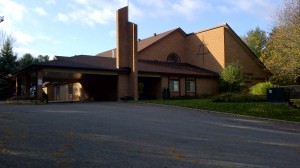
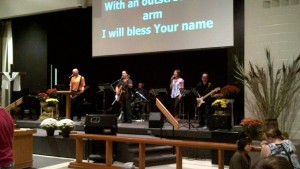 This
This

